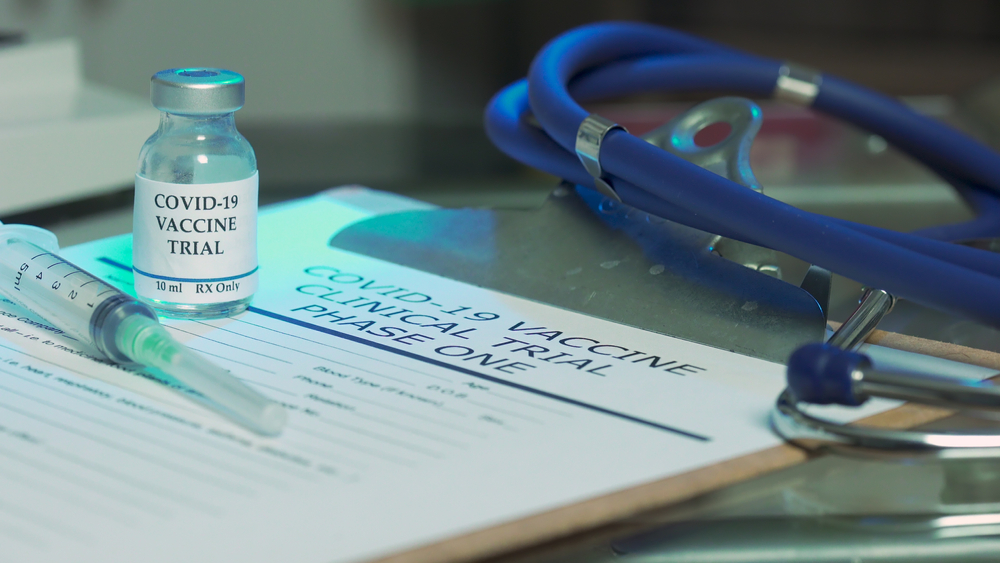Clinical trials are an essential part of the medical research process, playing a crucial role in the development of new therapeutic interventions, drugs, and devices. They are the foundation upon which evidence-based medicine is built, enabling researchers to test the safety and efficacy of new treatments and interventions in a controlled and ethical manner. This article will provide an overview of clinical trials, including their purpose, benefits, and eligibility requirements, with the ultimate goal of promoting a better understanding of their importance in the advancement of medical science.
What are Clinical Trials?
Clinical trials are research studies that involve human participants and are designed to evaluate the safety, efficacy, and overall impact of new medical interventions, such as drugs, devices, or diagnostic tools. These trials are conducted in a controlled environment, under strict guidelines, and with the supervision of a team of medical professionals.
There are several phases of clinical trials, each with its own purpose and objectives. Phase 1 trials involve a small number of participants and primarily focus on assessing the safety and tolerability of a new intervention. Phase 2 trials expand the number of participants and evaluate the efficacy of the intervention, typically comparing it to a placebo or standard treatment. Phase 3 trials involve a larger number of participants and are designed to provide more definitive evidence of the intervention’s efficacy and safety. If the results of these trials are positive, they may lead to the approval of the intervention for use in the general population. Phase 4 trials, also known as post-marketing studies, continue to monitor the safety and efficacy of an intervention after it has been approved for general use.
Clinical trials are essential for the development and improvement of medical treatments and interventions. They provide the necessary data and evidence required for regulatory agencies to determine whether a new intervention is safe and effective for use in the general population. In addition, they help to advance medical knowledge and contribute to the overall improvement of patient care and outcomes.
Benefits of Clinical Trials
There are several benefits associated with clinical trials, both for the individual participants and for the broader medical community. Some of these benefits include:
- Access to new treatments: Participants in clinical trials have the opportunity to receive new treatments that may not yet be available to the general public. In some cases, these treatments may be more effective or have fewer side effects than the standard treatments currently available.
- Close monitoring: Clinical trials typically involve a high level of supervision and monitoring by a team of medical professionals. This means that participants often receive close attention and care, which can lead to better management of their condition.
- Contribution to medical knowledge: By participating in a clinical trial, individuals have the opportunity to contribute to the advancement of medical knowledge and the development of new treatments and interventions for their condition. This can be particularly meaningful for individuals with rare or difficult-to-treat conditions, for whom new treatments may be urgently needed.
- Potential for improved outcomes: While there are no guarantees, participating in a clinical trial may result in better outcomes for the participant, particularly if the new treatment being studied proves to be more effective than the standard treatment.
- Financial considerations: In some cases, the cost of the treatment provided as part of a clinical trial may be covered by the study sponsor, which can help alleviate the financial burden associated with medical care.
Eligibility Requirements for Clinical Trials
Not everyone is eligible to participate in a clinical trial, as each study has specific inclusion and exclusion criteria that must be met by potential participants. These criteria are designed to ensure the safety of participants and the scientific validity of the study results. Some common factors that may be considered when determining eligibility for a clinical trial include:
- Age: Many clinical trials have specific age requirements, either as a minimum or maximum age for participation. This is often because the safety and efficacy of a treatment may vary depending on the age of the patient.
- Medical history: A participant’s medical history is often an important factor in determining eligibility for a clinical trial. This can include factors such as previous treatments received, the presence of other medical conditions, or a history of allergies or adverse reactions to medications.
- Disease stage or severity: Many clinical trials are designed to evaluate a new treatment for a specific stage or severity of a disease. In these cases, a potential participant’s eligibility may be determined by the stage or severity of their condition.
- Other criteria: Depending on the specific goals and objectives of a clinical trial, additional eligibility criteria may be required. This can include factors such as genetic markers, lifestyle factors, or the presence of specific symptoms or complications related to the condition being studied.
In order to determine if an individual is eligible for a particular clinical trial, they should consult with their healthcare provider and discuss their specific situation and medical history.
Clinical trials play a vital role in the advancement of medical science and the development of new treatments and interventions. By participating in clinical trials, individuals have the opportunity to access new treatments, receive close monitoring and care, and contribute to the improvement of medical knowledge and patient outcomes. Strict eligibility requirements are in place to ensure the safety and validity of the research, and potential participants should consult with their healthcare provider to determine if they are eligible for a specific trial. Ultimately, clinical trials are a critical component of the medical research process, helping to ensure that new treatments and interventions are safe, effective, and beneficial for the patients who need them most.


